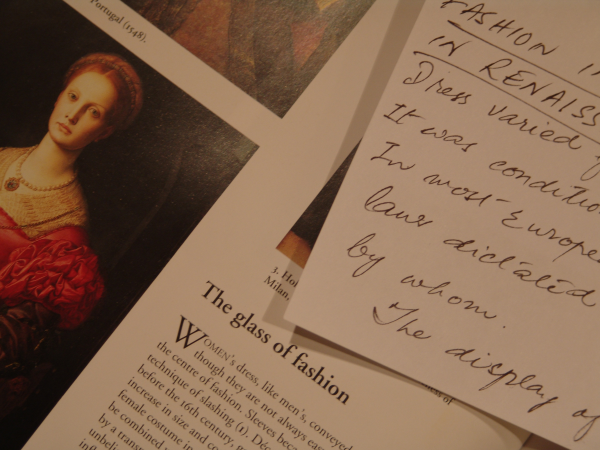by Ellie Maas Davis
We have to continually be jumping off cliffs and developing our wings on the way down.” –Kurt Vonnegut
 When it comes to an author’s writing, style can only mean one of two things—one can be learned; the other, which is far more elusive, must be honed. And really, so we’re clear: it’s the latter that’s also tricky, fleeting, and artful; it’s the latter that’s about taking chances and creating narrative prose that has a life of its own.
When it comes to an author’s writing, style can only mean one of two things—one can be learned; the other, which is far more elusive, must be honed. And really, so we’re clear: it’s the latter that’s also tricky, fleeting, and artful; it’s the latter that’s about taking chances and creating narrative prose that has a life of its own.
And don’t get me wrong, grammar rules and standards applied to manuscripts or published documents ensure consistency. Language is a personal form of expression where rules can be applied in different ways, so following a particular style gives editors a specific point of reference to review your work against and offers you an accepted editorial standard for your manuscript. Still having a writing style is so much more than adhering to a certain set of overall writing strategies.
A writer’s style is the way he or she chooses to craft sentences in order to engage readers. As in most things, it’s subjective. Not only is style subjective, which makes it complicated—as in some readers will respond to your writing while others won’t—but even if a writer’s style is grammatically correct it can still be weak. Let’s face it: a cliché can be grammatically correct, and something written in a passive voice can initially pass a CMOS sniff test.
If an edited manuscript comes back to you with comments such as “tighten your prose” or “this section is overly wordy” or “awk,” it probably means you need to work on your writing style. I’ve found three simple things make a big difference.
First, write exactly what you mean. In other words, don’t skirt around what you want to say, don’t mince words, and don’t overwrite—just say it. If you make a conscious effort, you’re a few steps ahead when it comes to the writing process, because being authentic and purposeful helps. Also, be sure to choose words you know to get your point across. Nine times out of ten, to craft generous and well-delivered prose, a plainspoken charm is best.
Second, it also helps to consider your tone. It’s a delicate balance so try not to be academic if your book is meant to be written in laymen’s terms, and if you’re shooting for believability don’t rely on esoteric jargon. Be sensitive to how you’re saying something as much as what you’re saying. Your characters—each and every one of them—should embrace this habit as well. If you’re writing fiction, there should be a sense of “completeness” in each character’s development—make sure the people and places you describe are consistent in their overall being as well as their habits and preferences.
Thirdly, be willing to rewrite. A wise editor once said:
Rewrite, rephrase, reconfigure. Unfortunately, despite the Romantic picture many of us have of the writing process, prose does not just flow down from the Muse and magically burst through your fingertips. Even the best artists need to constantly rework and revise what they’ve written. It’s work. Of course, for most of us writers it’s fun work, but just because you’re an artist doesn’t mean that you don’t have to worry about your craft. Piano players practice scales, painters make preliminary sketches, and writers go through lots of drafts. That’s just how the process works. If you want to know the most important lesson I’ve learned about making art, it’s this: the stuff that looks the easiest is usually the hardest to pull off. Jackson Pollock? Raymond Carver? Ernest Hemingway? Andy Warhol? Always keep in mind that it takes a lot of work to make a work of art look effortless.
Having style means to write simply, yet ecstatically, with purpose. And as is so often is the case with art, such writing is difficult to pin down; we knows it when we see it!
Happy revising!
Ellie Maas Davis
P.S.
Make no mistake: Editors can be sticklers with the rules. Make sure your editor adheres to a traditional style of editing based on The Chicago Manual of Style, 16th ed.
Editing Tip: Once you find an editor who responds to your work—hold onto her!
 Educated at Southern Methodist University, the University of Kansas, and the University of Witswatersrand in Johannesburg, Ellie Maas Davis has written extensively on the environment and issues of human rights. She is the owner of Pressque, a publishing consultation firm located in downtown Charleston that offers editing, ghostwriting, and marketing services to authors and publishers.
Educated at Southern Methodist University, the University of Kansas, and the University of Witswatersrand in Johannesburg, Ellie Maas Davis has written extensively on the environment and issues of human rights. She is the owner of Pressque, a publishing consultation firm located in downtown Charleston that offers editing, ghostwriting, and marketing services to authors and publishers.
She is a founding board member of the Lowcountry Initiative for the Literary Arts, a former curator and host of Charleston's longest running weekly literary series, Monday Night Blues, and serves as a mentor to senior writing students at Charleston County School of the Arts. Published in a number of anthologies and journals, she is the author of The Humours of Folly, See Charleston in a Day, 100, over a dozen ghostwritten works of fiction and nonfiction, and often reviews books for The Post and Courier. When she's not living somewhere else, she makes her home on Daniel Island with her family. www.pressque.com



